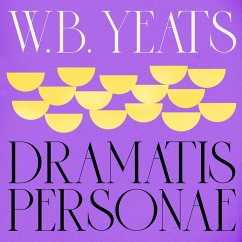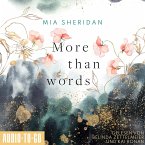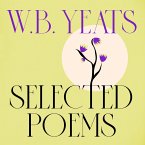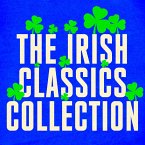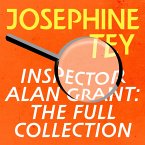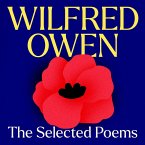Dramatis Personae is a four part autobiographic collection, published by Yeats in 1936 and detailing incidents, events, and people he met who influenced his artistic development as a poet. The first section is Dramatis Personae and describes Yeats' meetings with Lady Augusta Gregory at Coole Park, Galway, which eventually led to the creation of the Irish National Theatre Society and the opening of the Abbey Theatre in 1904. The second section, Estrangement, deals with Yeat's anxiety that his works were not accessible to their intended audience, the Irish people. Yeats came from a wealthy Anglo-Irish Protestant family but became a committed nationalist, attracted to Celtic mysticism, legends and folklore. Nonetheless he lamented that, as part of the elite and an intellectual artist, he felt aloof from the common Irish Catholic population who were largely indifferent to his work. The third section, The Death Of Synge, describes Yeats' association with John Millington Synge, the child of a wealthy Anglo-Irish Protestant family. Yeats encouraged Synge to travel to the Aran Islands to study the Irish peasants and fishermen who lived there and to use them as inspiration for his work. In the fourth and final section, The Bounty Of Sweden, Yeats' pays tribute to Sweden for awarding him with the Nobel Peace Prize for Literature in 1923. The award was given to Yeats in the period immediately after the end of the Irish Civil War when the Irish Free State emerged as a newly independent nation. Yeats sought to use the event to establish himself as the cultural representative of Irish independence and Irish nationalism.
Bitte wählen Sie Ihr Anliegen aus.
Rechnungen
Retourenschein anfordern
Bestellstatus
Storno

